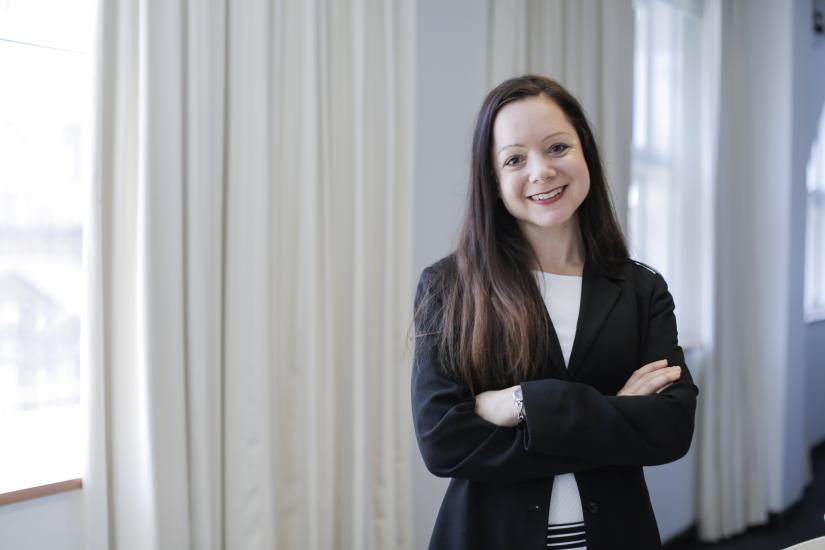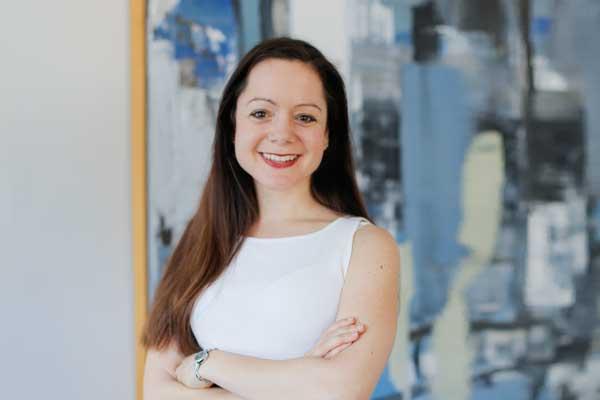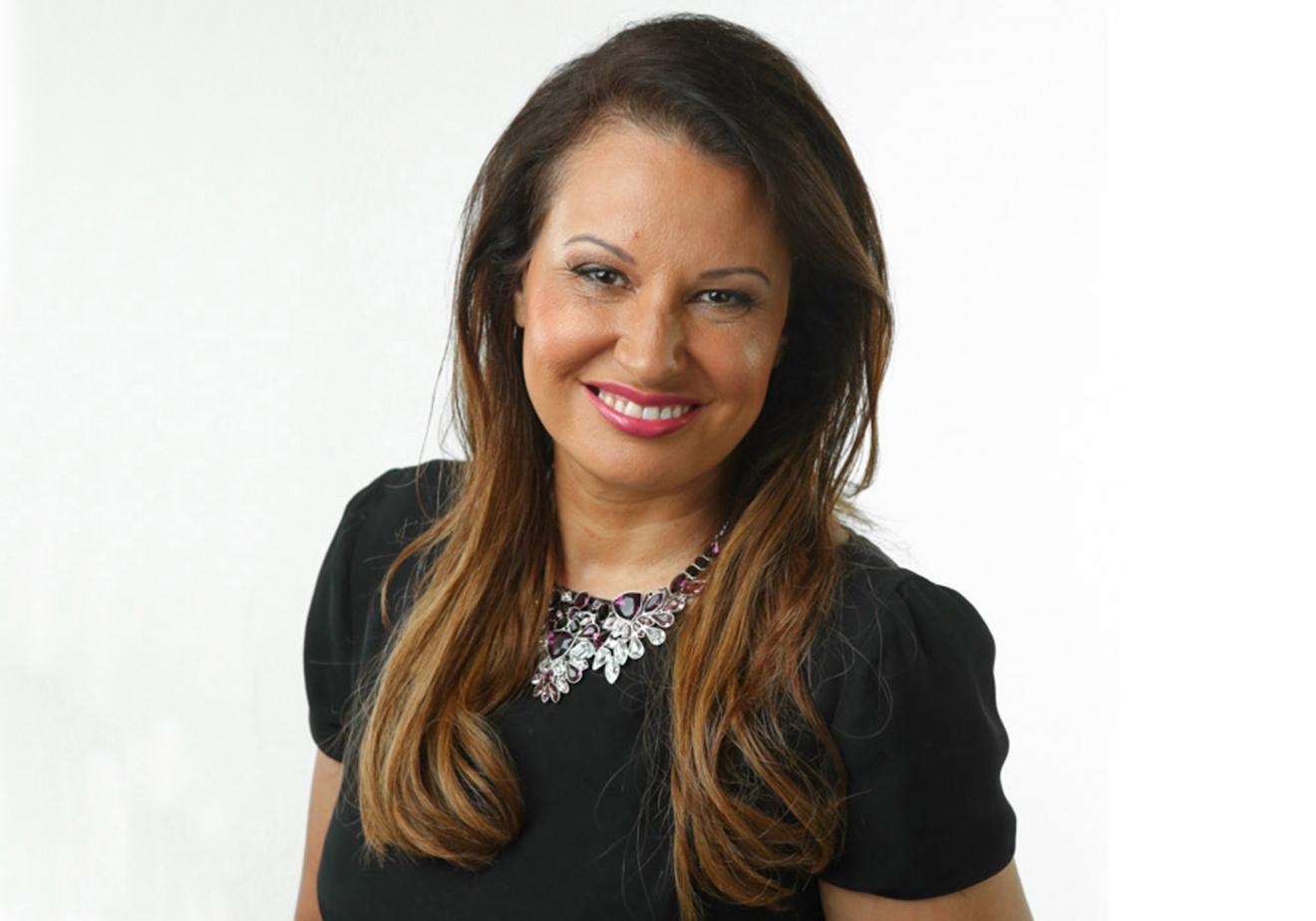First Nations women are the fastest growing prison demographic in Australia, with their rate of imprisonment doubling in the decade to 2019. They are now 21 times more likely to be imprisoned than Australian women in general, accounting for 36 per cent of women in prison. First Nations people represent about 3 per cent of Australia’s population.
“Aboriginal women are disproportionately and increasingly removed from their communities and separated from their families through imprisonment and this has lifelong consequences for their families, especially their children,” says Professor Thalia Anthony, from the Faculty of Law at the University of Technology Sydney (UTS).
“Our research points to the need not just for alternatives to prison for Aboriginal women – mothers especially – but alternatives that are led by Aboriginal people, that are culturally meaningful to Aboriginal women, their children and families,” adds doctoral researcher Gemma Sentance.
The research findings come as the new Closing the Gap agreement commits, for the first time, to reducing First Nations imprisonment rates.
Researchers Professor Anthony, Ms Sentance, and Michelle Toy held ‘yarning circles’ with First Nations women in six New South Wales prisons across 13 visits in 2019. Together with surveys, they drew out the experiences of more than 160 First Nations women prisoners. They also convened focus groups with 40 lawyers from the NSW Aboriginal Legal Service and interviewed judicial officers at all levels of the criminal courts system.
The Australian Research Council-funded study points to the need for policies, practices and services that provide better access to children for Aboriginal mothers in prison and post-release support for families. It found that the most effective intervention in preventing repeat offending was support provided to Aboriginal women to bring up their children, especially if this support came from Aboriginal women’s services.
“What’s clear to us from talking to women in prison is that any rehabilitation, any healing, is not just about their own rehabilitation,” Professor Anthony says. “They feel that if they’re to be healed they need to do it with their children and alongside their children.”
The research also highlights the fact that First Nations women are being jailed for relatively minor offences. Traffic charges, such as driving unlicensed, make up over a quarter of their offending. The next most common offences are disorderly conduct, common assault (without harm) and breach of bail or a supervision order. They are also being ‘unnecessarily’ locked up pending a hearing or sentencing in situations, the researchers say.
These short-term sentences or detentions can have impacts vastly out of proportion to the minor offences involved, Professor Anthony says.
“The periods may be short but they can have lifelong impacts on the women’s lives and their children’s lives,” she says. “It just doesn’t make sense to keep mothers in for these short timeframes – too short to access programs but cut off from everything. They are cut off from their children, they could lose their job, they could lose their home.”
Ms Sentance says that taking a mother away can catalyse instability at home and disengagement from school. “If it then invokes interventions by child protection it can lead to much greater struggles that are damaging for the woman’s recovery and rehabilitation.”
It doesn’t matter how hard I try or what I do, all that matters is my criminal history from a long time ago.
— PW9
Professor Anthony says, “The devastation of being taken from your child and into prison is the same as your child being taken from you”, referring to the historic and continuing removal of First Nations children by state agencies.
It’s this sort of history that means imprisonment has an even deeper impact on First Nations women.
We aren’t just bad people doing bad things. We are black women who have been victims.
— PW9
“When a woman is in prison it can trigger a lot of trauma that has long, intergenerational lines,” Professor Anthony says. “It’s a particularly threatening environment because of the effects of removing children and the very intimate connection many Aboriginal women have with people who have died in custody. It represents something quite different for First Nations women.”
Professor Anthony says the increasing rate of imprisonment is the result of more intense policing of First Nations women and the failure of police to use their discretion to divert women to other agencies and programs. A tragic example is the arrest of Yorta Yorta woman Tanya Day, arrested for public intoxication after falling asleep on a train. She subsequently died in custody.
“Behaviour that police might have turned a blind eye to previously now creates an ‘archive’ of offending that courts respond to not through community-based sentences but custodial sentences,” Professor Anthony says.
This is part of a bigger picture of ‘hyperincarceration‘, another element of Professor Anthony’s research, where life on the ‘outside’ may not be that different to life on the ‘inside’ because of state interventions in First Nations people’s lives in many other ways.
The prisons research project involved the formation of the group sista2sista, bringing together First Nations women’s organisations, First Nations women from relevant agencies, and First Nations women with lived experience of the criminal justice system. Members of sista2sista now help with family visits to First Nations women in prisons that are often far removed from communities, and provide support for housing, health and reconnection with family and Country upon release.
I’m a Wiradjuri woman. I’m proud. But prison doesn’t make me feel proud. Education and prevention make me feel proud.
— PS1
The work also informed the successful call by Professor Anthony and others for emergency legislation that provides for the release of vulnerable people from prisons amid COVID-19.
Professor Anthony and Ms Sentance also made recommendations to the Inquiry into Support for the Children of Imprisoned Parents in New South Wales, including a call to amend sentencing and bail legislation to ensure there is special consideration of the hardship caused by imprisoning First Nations mothers. The recommendation asserts that Aboriginal mothers’ wellbeing and strength is best supported by being with her family and in the community.
“There are reforms that can be implemented overnight, given the willingness of governments to do so,” Professor Anthony says.
Report / PAPER
Sista2sista, UTS (2020) Submission to the Special Commission of Inquiry into the Support for the Children of Imprisoned Parents in New South Wales (PDF 9 pages)
Anthony T. and Blagg, H, Hyperincarceration and Indigeneity, https://doi.org/10.1093/acrefore/9780190264079.013.656
Research team
-
Professor, Faculty of Law
-
Director, Research and Academic Programs, Jumbunna Institute for Indigenous Education and Research
-
Gemma SentanceResearch Assistant, Faculty of Law
-
Michelle ToyPeer Tutor, Jumbunna Institute for Indigenous Education and Research
Faculty
- Faculty of Law
Funded by
- Australian Research Council




